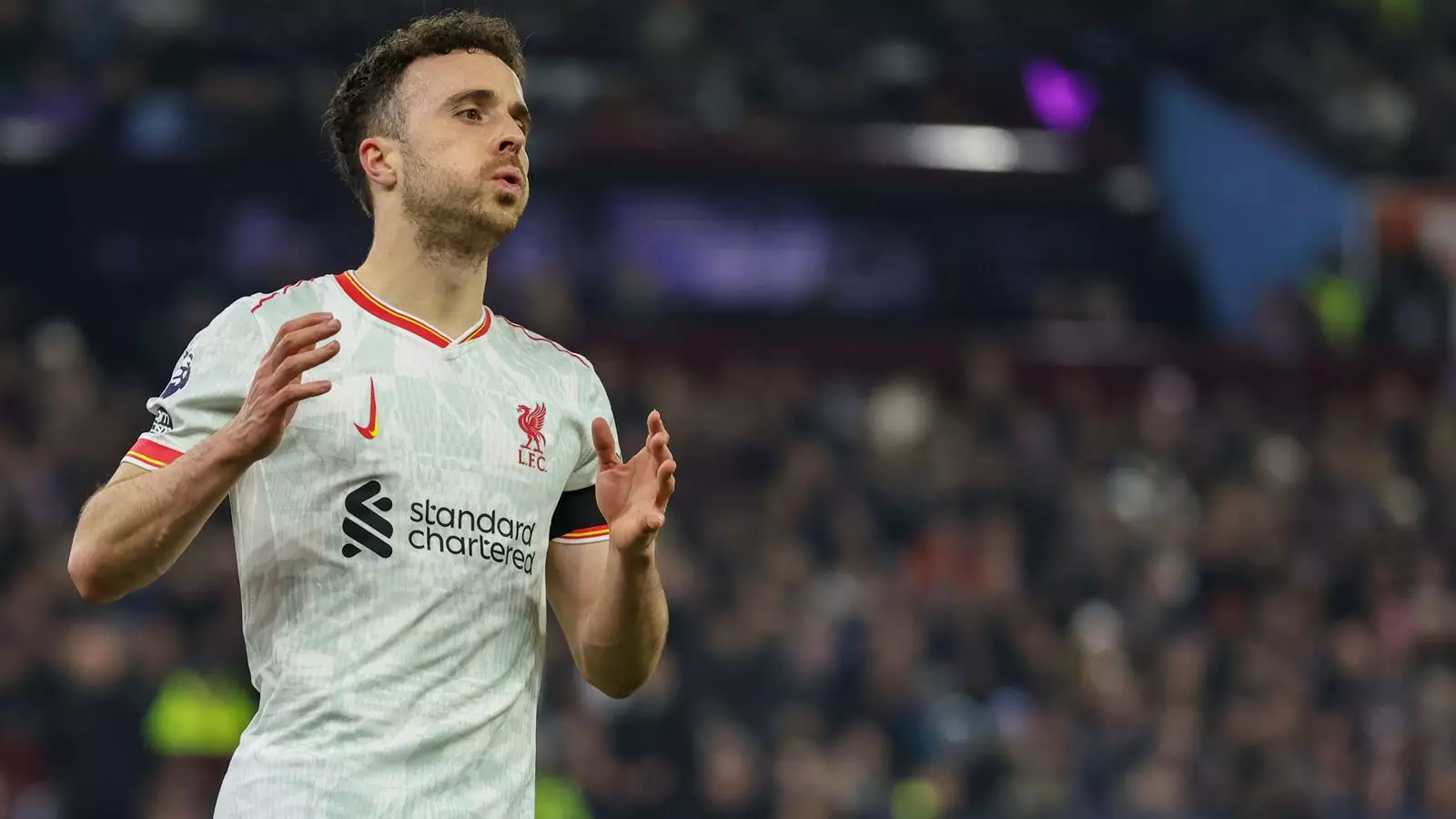The sudden death of Diogo Jota has sent shockwaves through the football community and beyond. At just 28 years old, Jota represented not only a significant talent on the pitch but also embodied qualities of dedication, joy, and resilience that transcended sport. His premature departure underscores the unpredictable and fragile nature of life, particularly for public figures whose presence inspires millions. Such tragedies compel us to confront the unsettling reality that even the most promising lives can be cut short without warning, leaving a void that can never truly be filled.
Jota’s passing inflicts more than a loss of athletic prowess; it is a stark reminder of our collective vulnerability. As fans mourn and teammates grapple with grief, we must reflect on the importance of cherishing life’s fleeting moments, especially amidst the achievements that often distract from the fragility of existence. His death calls into question the safety of modern transportation, the recklessness that can accompany high-speed pursuits, and the devastating consequences of seemingly routine accidents. This tragedy exposes the raw, often cruel randomness of fate—a reminder that no amount of fame or success provides immunity from life’s unpredictable storms.
A Personal and Cultural Void
The impact of this tragedy resonates deeply within Portuguese football and the broader community. Jota was a symbol of national pride, having earned nearly 50 caps for Portugal and achieved recognition as a top striker both domestically and internationally. His infectious personality, evident in interviews and social media, made him much more than a sports figure—it made him a relatable hero, a source of inspiration for countless fans. His ability to combine technical prowess with genuine warmth set him apart in an era where celebrity culture often fosters superficiality.
Losing Jota also signifies the brutal loss of a future filled with promise—potentially extending his legacy to inspire generations to come. His death reminds us that talent alone isn’t enough; character, kindness, and community engagement define true greatness. The Portuguese football federation’s heartfelt statement reflects the collective grief that encapsulates not only the loss of an athlete but also the passing of a role model who embodied hope and perseverance. Society should question whether we invest enough in protecting young athletes from the risks that come with their demanding careers, life outside of sport, and personal pursuits.
The Tragedy Extends Beyond the Field
This loss isn’t solely about football—it is emblematic of a society grappling with mortality and the fragile veneer of everyday safety. The details of the accident—a high-speed overtaking leading to a tyre burst and fiery destruction—highlight how simple mistakes can have catastrophic repercussions. It underscores a broader societal issue: the importance of road safety and the dire consequences when trust in technology and caution breaks down.
Jota’s death also carries profound personal implications for his family, especially his newlywed wife and children. Personal tragedies like this force us to reexamine our priorities—how we balance ambition, personal relationships, and safety in the relentless pursuit of success. The fact that Jota celebrated a recent marriage makes his loss even more poignant—one cannot help but think of the dreams unfulfilled and the future stolen away by a sudden, tragic event.
Furthermore, his brother Andre’s untimely death intensifies the tragedy, symbolizing the devastating toll that accidents can have on entire families. It brings to light the importance of mental health and emotional resilience during times of loss, urging society to foster compassion and support systems that help survivors find their way through grief.
Reflecting on Humanity and Hope
In the wake of such a heartbreaking event, there is a moral imperative to examine our collective responsibility. The football world mourns, and fans around the globe are united in grief, yet we must also consider how society as a whole can better prevent such tragedies. While some factors remain outside our control—like unpredictable accidents—there is an urgent need for stricter safety measures, improved vehicle maintenance, and public awareness about the dangers of reckless driving.
Jota’s story should serve as a catalyst for change, both on and off the field. His life reflected not only a pursuit of athletic excellence but also a genuine devotion to family and community. Recognizing the depth of his character challenges us to reconsider what truly matters in life: kindness, humility, and the ability to bring joy to others, rather than material success alone.
Ultimately, the tragedy underscores a universal truth—our mortal existence is fragile, and every moment should be treasured. As we mourn, we are called to honor Jota’s legacy by fostering a society that prioritizes safety, compassion, and the preservation of lives that, like his, burn brightly but briefly.


Leave a Reply